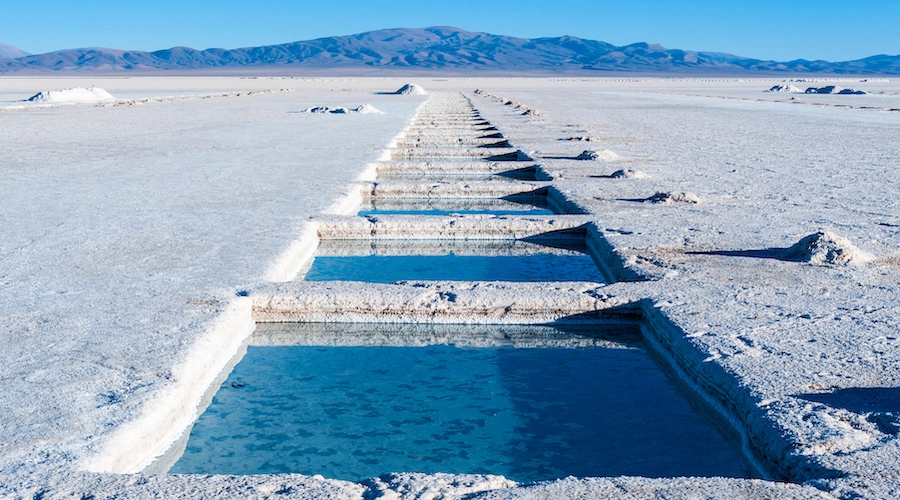Mining and commodities giant Glencore (LON: GLEN) is said to be evaluating the addition of lithium to the suite of metals it trades, as the battery metal has become the driving force behind electric vehicles (EVs) and concerns over lack of supply continue to grow.
The Swiss company would initially include lithium in its zinc and copper business, run by Jyothish George and Nick Popovic, two unnamed sources told Reuters.
Glencore does not own lithium mines, but has ventured into the metal recycling business this year. In February, it joined forces with battery start-up Britishvolt to build a new recycling plant for lithium-ion batteries in England.
Less than three months later, the firm announced a $200 million investment in Canada’s Li-Cycle Holdings (NYSE: LICY).
Glencore has a strong foothold in other battery metals, producing cobalt, nickel and copper, as the global push toward a greener future is firing up demand for such metals, often called “commodities of the future.”
It has also embarked on the business of recycling these metals, partnering up in late January with Moroccan mining company Managem. Together they will produce cobalt from recycled battery materials at a plant near Marrakech.
A month later, Glencore announced it would expand its Britannia Refined Metals plant in southern England, which has historically been a leading re-user of lead-acid batteries found in combustion-powered cars.
Soaring demand, lack of supply
Lithium prices have soared this year to record highs as the amount of the metal used has almost quadrupled over the last decade. But the process for extracting lithium, and a relative lack of investment, have yet to catch up with the rising demand.
Extracting lithium involves either mining the ore and then separating the metal or pumping underground water deposits to the surface and then extracting the metal from evaporation pools.
“You can build a battery factory in two years, but it takes up to a decade to bring on a lithium project,” mining expert Joe Lowry, who has earned the nickname Mr. Lithium, recently said in an interview with Bloomberg.
Elon Musk seems to agree. In late July, he called for more investment in global lithium refining to ease shortages in battery materials, promising those who seize the opportunity: It’s “basically minting money.”
On Thursday, Chile’s SQM (NYSE: SQM), the world’s No. 2 lithium producer, predicted a “very tight market” in the years ahead. The company expects “slightly higher” prices this quarter from the previous three months, with prices staying at similar levels in the fourth quarter, according to a presentation to investors.
While Chile and Australia remain the world’s top mined lithium suppliers, China has more than half of all capacity for refining it into specialist battery chemicals.
There are also growing concerns over the Beijing’s dominance of refining and manufacturing capacity of the material as reliance on China is seen as a vulnerability amid global trade and political tensions.

